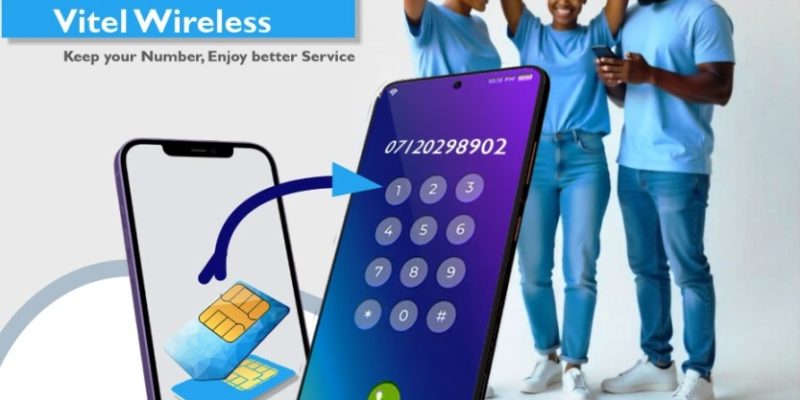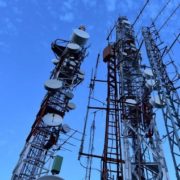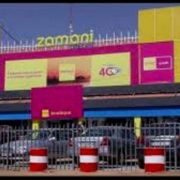By Osasómé C.O
Nigeria Welcomes Its First Mobile Virtual Network Operator

Nigeria’s telecommunications landscape has entered a new phase with the launch of Vitel Wireless, operating under the brand name “Blue”, as the country’s first Mobile Virtual Network Operator (MVNO). The company, which has secured the 0712 number series from the Nigerian Communications Commission (NCC), will operate without owning its own network infrastructure — a model that could transform the nation’s connectivity and service delivery landscape.
RELATED: Nigeria’s new telco Vitel Wireless gears for inaugural MVNO market launch
This development marks more than the arrival of a new operator. It reflects the liberalisation of Nigeria’s telecom sector, introducing competition focused on customer experience, innovation, and cost efficiency rather than physical infrastructure.
Why the MVNO Launch Matters
The arrival of non-infrastructure-based telecom operators like Vitel Wireless (Blue) is expected to redefine consumer choice in Nigeria’s mobile market. MVNOs typically lease network capacity from existing Mobile Network Operators (MNOs) such as MTN, Airtel, and Glo, allowing them to offer affordable, flexible, and niche-targeted services.
This model also creates new revenue streams for MNOs and infrastructure providers — including tower, fibre, and backhaul operators — while expanding digital inclusion to underserved and rural areas.
“Nigeria’s telecom market is not just expanding; it’s transforming.With players like Blue, new pathways are forming for innovation, partnerships, and investment,” analysts say.
How MVNOs Work in Nigeria
MVNOs operate under a licensing framework issued by the NCC, enabling them to use existing telecom infrastructure to deliver services under their own brand.
Key features include:
- No Infrastructure Ownership: MVNOs lease capacity from MNOs at wholesale rates.
- Service Innovation: They offer unique data, voice, and SMS plans tailored to market segments.
- Regulatory Oversight: Each MVNO must sign and register a Wholesale or Revenue Sharing Agreement with its host MNO through the NCC.
MVNO Licensing and Market Readiness
In 2023, the NCC licensed 46 MVNOs with tier-based fees ranging between ₦35 million and ₦500 million, but market rollout has been gradual. By late 2025, only a few, including Vitel Wireless, have become operational, having successfully interconnected with all major MNOs.
The MVNO framework aims to:
- Increase competition and drive down prices.
- Broaden connectivity to rural and unserved regions.
- Foster service innovation and local content creation.
Challenges and Outlook
Despite the optimism, Nigeria’s MVNO sector faces significant challenges:
- Market dominance by large MNOs limits negotiation leverage.
- Infrastructure access remains a sticking point.
- Operational expertise and telecom talent gaps persist.
However, experts agree that the long-term outlook is strong. As digital demand surges and government policies push for greater inclusion, MVNOs are poised to play a crucial role in broadening competition, enhancing customer satisfaction, and accelerating telecom growth in Africa’s largest market.






























